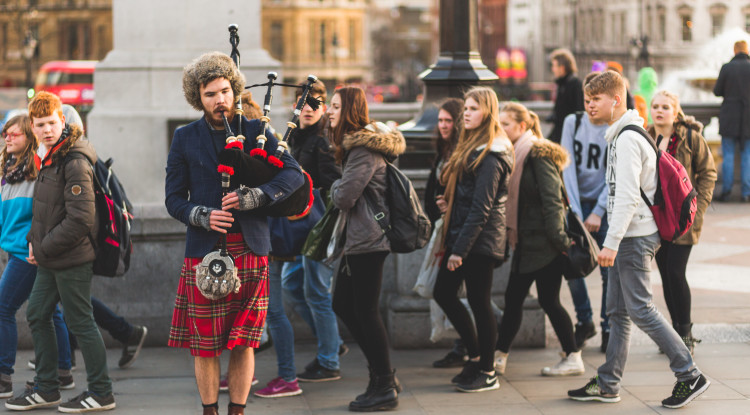
On Seeing People as More than Functions
Yesterday morning, I went out, ordered my coffee, sat down, and started working.
This morning, when I was ordering my morning coffee at the shop where I work, the person at the counter looked directly at me and asked me how I was doing. Often, I’d just say “Can I have a…” without even replying to the pleasantry, but something about the way he asked gave me pause. Was it possible he actually cared? I thought about my answer and told him that I was great, and I asked him how he was doing, and he said that he was having a good day. It was basically the same interaction as usual, but the difference was immeasurable. After this simple exchange, he took my order, and I sat down, and I felt open and grateful to be out, working on such a beautiful day in such a beautiful city.
If you’re anything like me, every day you see dozens if not hundreds of people and barely acknowledge their existence. Everyone’s eyes stay downcast, including your own, and you go from point A to B to C as if you’re checking off boxes on a task list.
There are lots of reasons why I/we do this.
- It’s efficient. I have a set number of hours in the day when I can work, and once they’re used up, that’s it. Do I really have time to meaningfully connect with some barista?
- It’s protective. Sure you might miss a few interesting conversations, but you also guard yourself from all of the dull/crazy/otherwise-draining ones you might encounter.
- It’s habit. Something happens to the brain when you do the same thing many times in a row. It reduces the experience down to a minimalist schematic. These are the important pieces of information. These are the things I need to know to complete this task effectively. Everything else is extraneous.
Only it isn’t.
This last one worries me, personally. I’ve read that humans, especially ones with higher IQs, tend to be cognitive misers – we often rely on quick, efficient judgements to get through our day more quickly, but in the process, we miss all kinds of interesting details and possibilities, even mention making errors for the sake of speed. Searching for and reclaiming these possibilities is the goal of the artist, and the very open barista at my coffee shop pointed out my miserliness to me in the most gentle way possible, by saying “hello” and meaning it.
When I used to teach university English, to teach literary analysis, I’d always begin by asking my students what was in the classroom. They’d start large (desks, students) and gradually work their way to increasingly minute details (shadows from the leaves outside, each individual bump on the texture of the wall paper, every tuft composing the carpet’s pile, the professor’s chiselled jawline). When we pushed harder, we got to even subtler, non-physical possibilities: power dynamics, gender norms, architectural discourses, the process of aging, the influence of fashion, bacterial transfer.
What I would point out was that this improved perceptual resolution is always accessible and training the mind to access it can be a hugely rewarding and culturally beneficial experience. You start to consider the smallest elements of your environment, developing an appreciation for the complexity of daily life. You start to see humor in dull situations – the seemingly fixed world of “what is” begins to destabilize. You even start to see the cracks in social/political systems and ways of being, which is the first small step towards making the world into something more.
Most importantly, you start to see the people that populate your everyday life. The schemata disappear, and in their place emerges us – these human beings whose value goes infinitely beyond their functions in doing things like getting us a caffeine fix.
So, say hello to a fellow human today – and mean it!

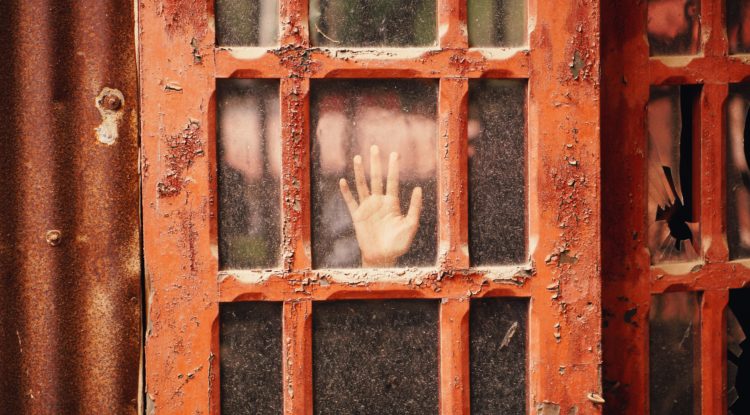

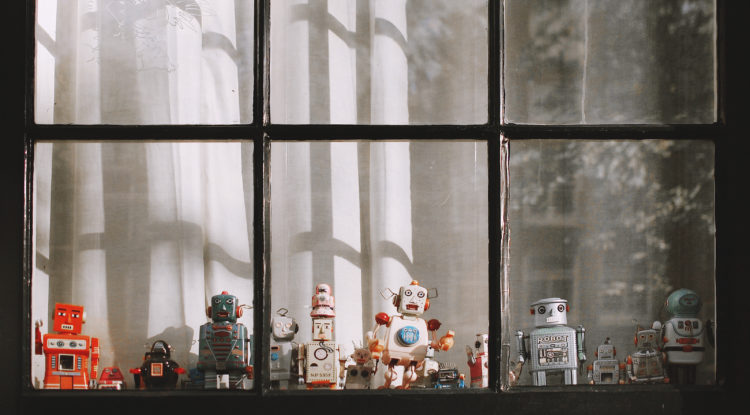



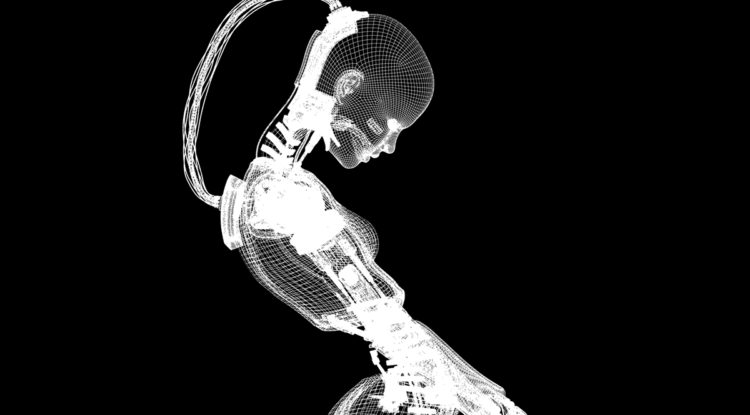
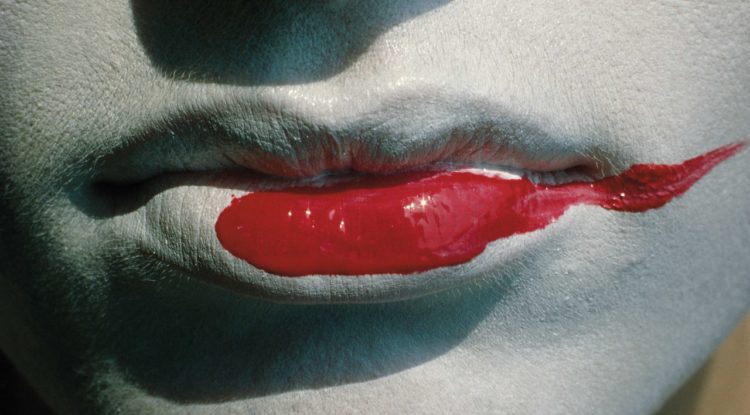








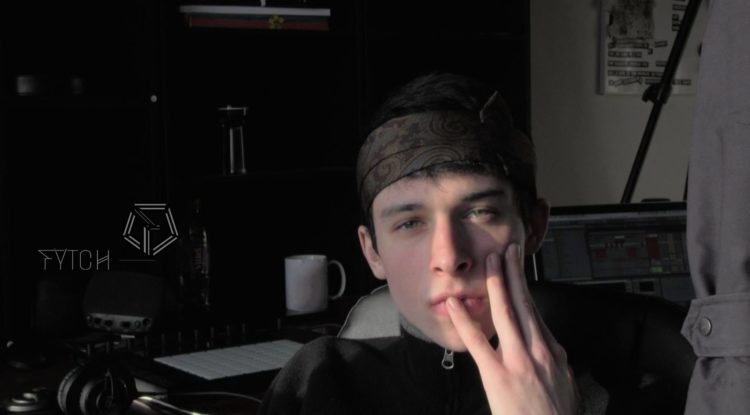

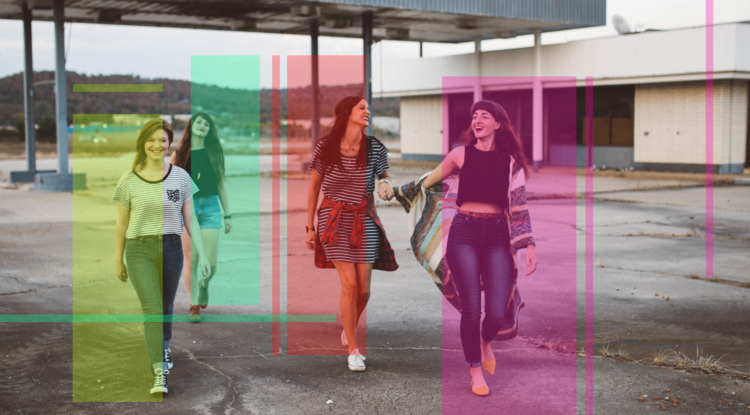


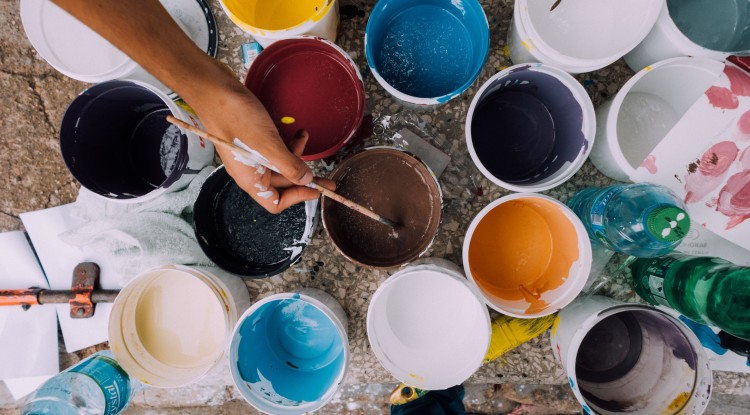
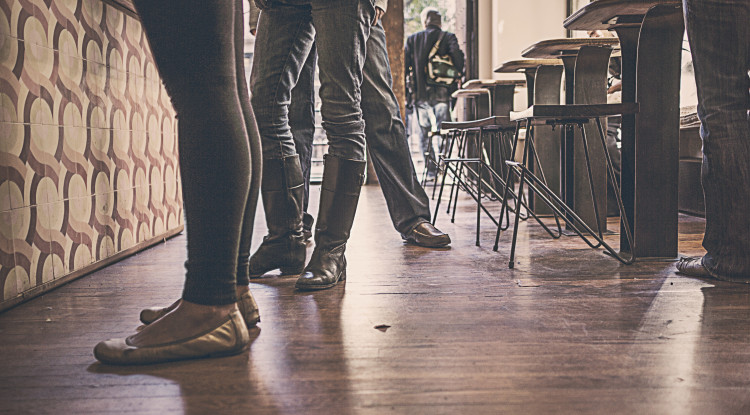








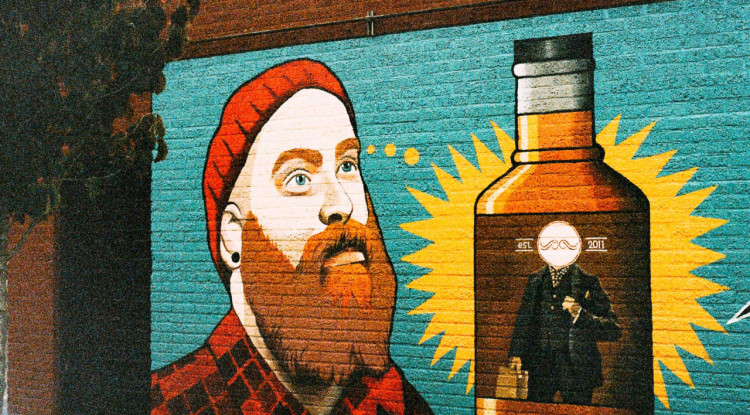




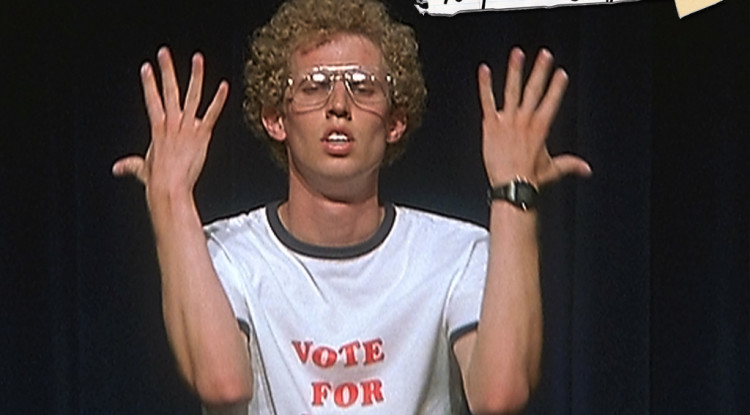



Leave a Reply
You must be logged in to post a comment.